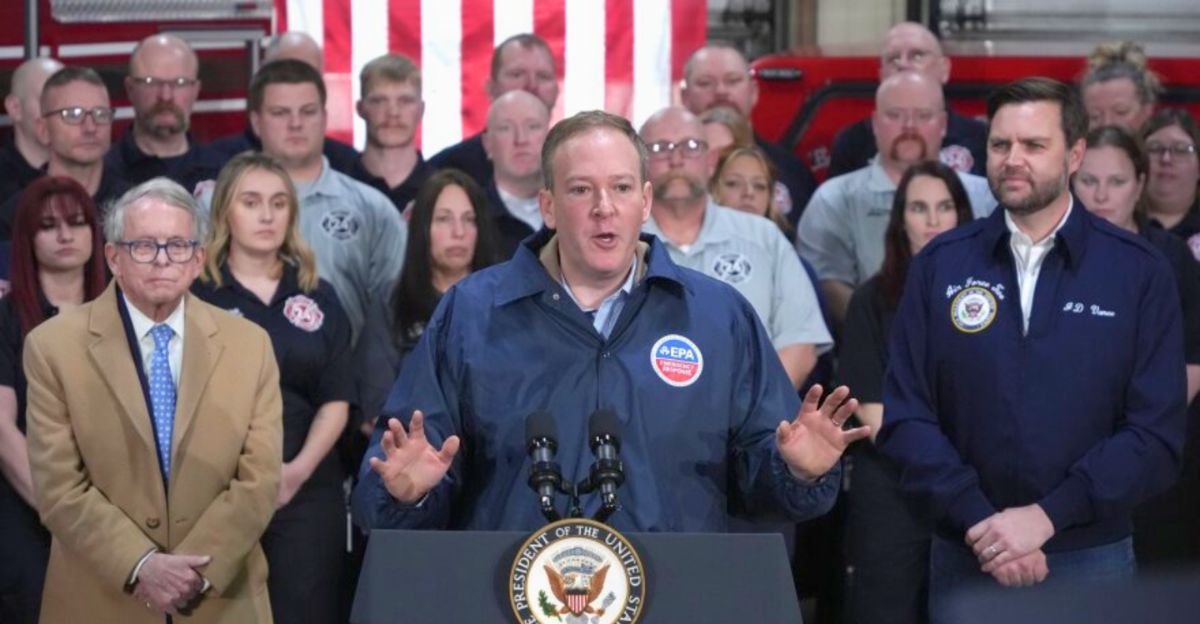
When hunters and environmentalists agree on something, you know it’s serious. In a surprising turn of events, these longtime adversaries have found common ground—fighting back against massive budget cuts to the Environmental Protection Agency. With crucial conservation programs on the chopping block, both groups see a threat to the lands, wildlife, and resources they cherish. Could this unlikely alliance reshape the future of environmental policy?
What Sparked This Unexpected Alliance?
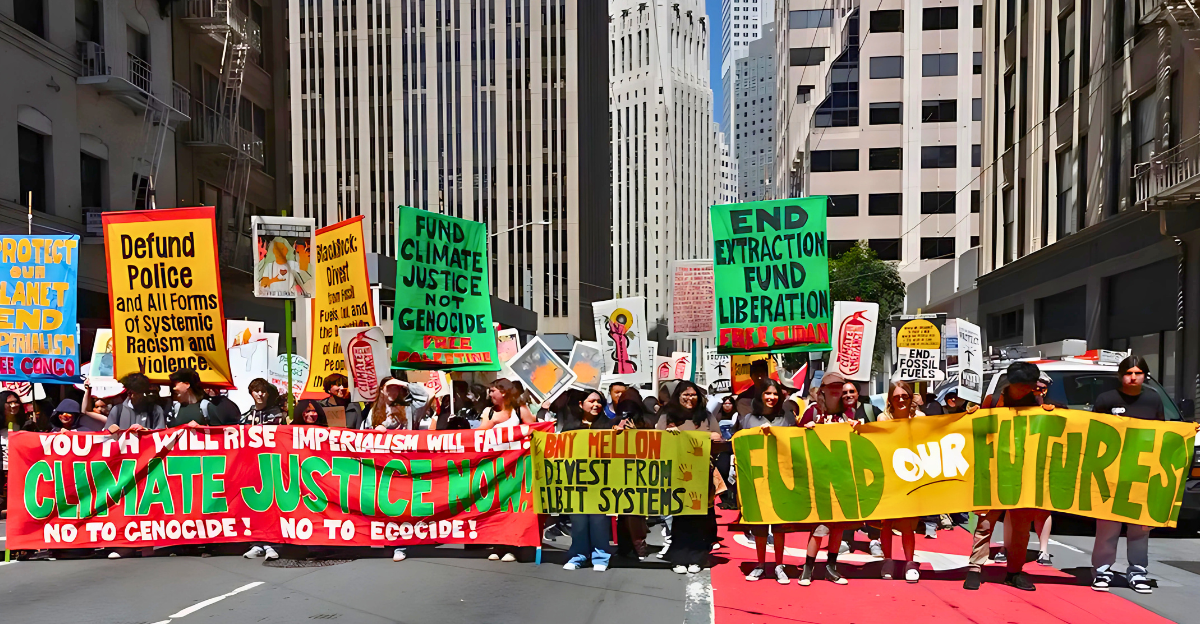
The federal government’s proposal to slash the EPA’s budget by 65% in 2025 wasn’t just another partisan move—it was an existential threat. Funding cuts targeted programs vital to both hunters and environmentalists, from wildlife disease research to public land management. With nearly 10,000 EPA jobs on the line, including biologists and land managers, the future of conservation hung in the balance. Suddenly, both groups realized they were fighting for the same thing: a future where nature still thrives.
Previous Attempts to Bridge the Divide Failed
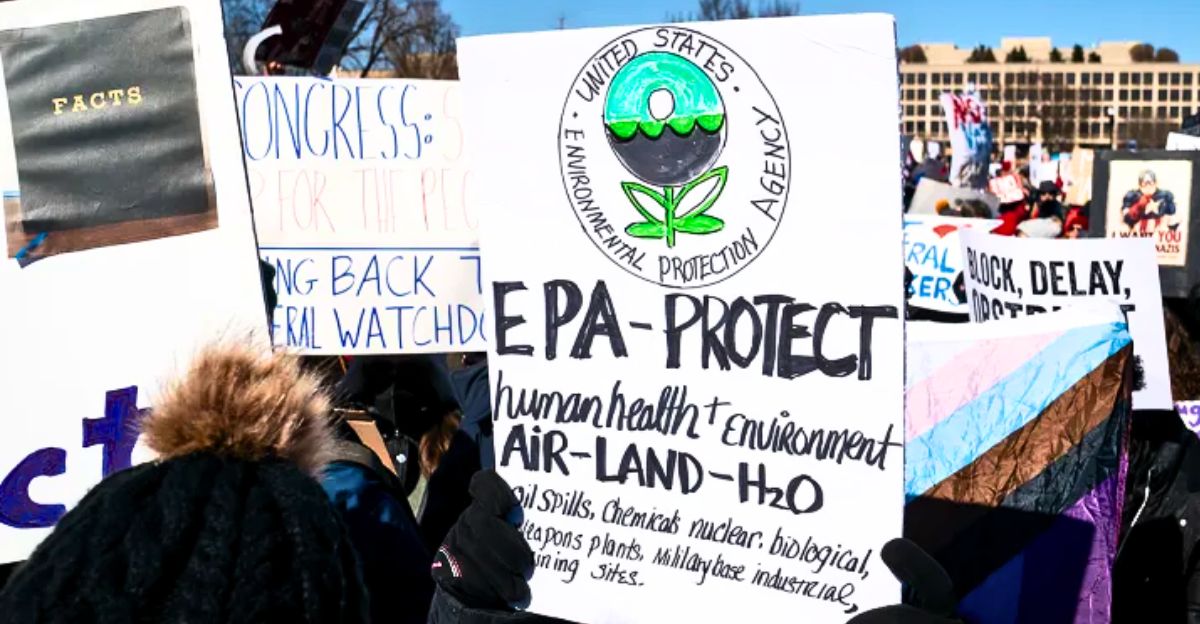
This isn’t the first time conservationists and hunters have tried to work together—but past efforts never stuck. Initiatives like the Obama-era America’s Great Outdoors program encouraged collaboration but couldn’t overcome deep-rooted ideological differences. Hunting advocates feared excessive regulations, while environmentalists distrusted hunting’s role in conservation. The difference this time? The crisis is immediate and indiscriminate, forcing both sides to rally against a common enemy—wholesale destruction of environmental protections.
Wildlife Science Gutted—A Shared Concern

The budget cuts didn’t just target bureaucracy; they crippled essential conservation science. Thousands of researchers studying avian influenza, fish populations, and habitat restoration lost their jobs. For hunters, this meant fewer protections for game species. For environmentalists, it meant losing critical data on ecosystem health. Both sides saw the danger: wildlife populations could collapse without science-backed management. What began as an attack on regulation quickly attacked the entire conservation foundation.
Public Lands at Risk—A Turning Point
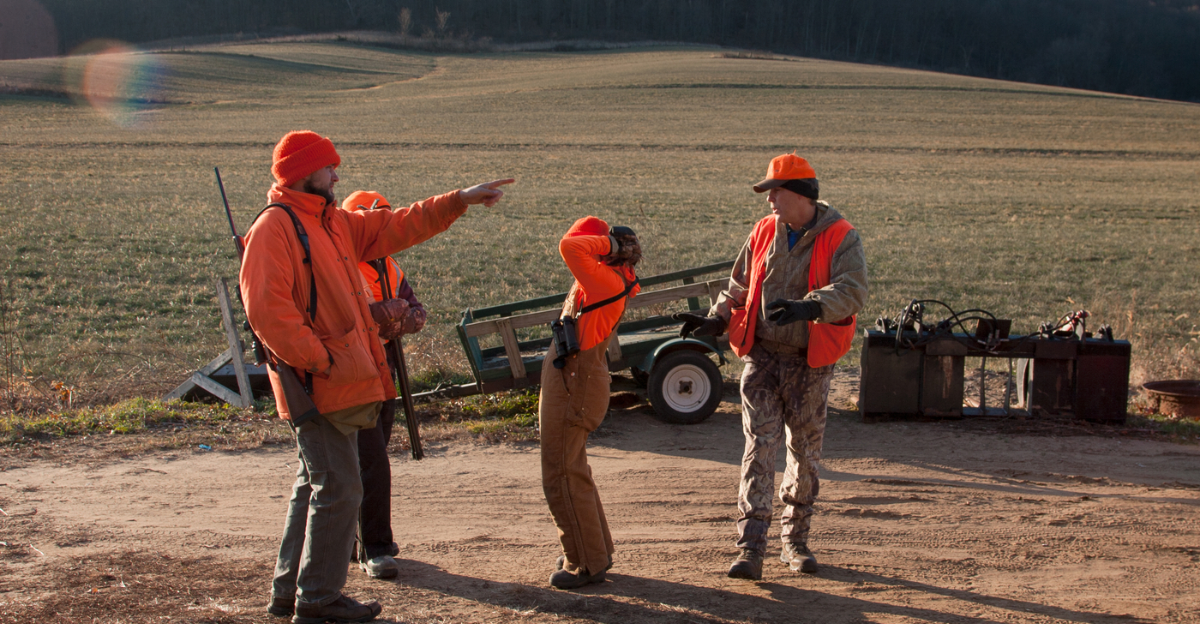
The prospect of deep EPA budget cuts triggered alarm among hunters and environmentalists alike. Without proper oversight, millions of acres of public land—home to game species and fragile ecosystems—risked degradation. Hunting groups worried about restricted access and declining wildlife, while environmentalists feared pollution and deforestation. The administration’s cuts didn’t just shrink the government; they placed America’s outdoor heritage on the chopping block. Both sides now see federal land protection as a shared mission.
Hundreds of EPA Grants Eliminated in Budget Overhaul

In partnership with the Department of Government Efficiency (DOGE), EPA Administrator Lee Zeldin has canceled over 400 grants across nine programs, saving $1.7 billion. This marks the fourth round of cuts, bringing total savings to over $2 billion. The reductions primarily target environmental justice initiatives, DEI-related projects, and media subscriptions.
Climate Justice Grants Slashed Amid Spending Review

Among the eliminated programs was a $50 million grant to the Climate Justice Alliance, an organization advocating for environmental justice. The move aligns with broader efforts to cut DEI-related funding. While proponents see this as reducing waste, critics argue it undermines community-led environmental protection efforts.
The Privatization Threat—A Nightmare for Both Sides

Hunting advocate Randy Newberg warned that the government could justify selling them off if public lands degrade enough. This was once an environmentalist fear—now, hunters are just as worried. Land privatization means restricted access, depleted wildlife, and corporate exploitation. What was once a rural-vs-urban debate is now a unified defense of public ownership. The administration’s cuts didn’t just weaken regulations; they put the future of public lands on the line, bringing both camps together.
Rural Communities Feel the Impact of EPA Cuts
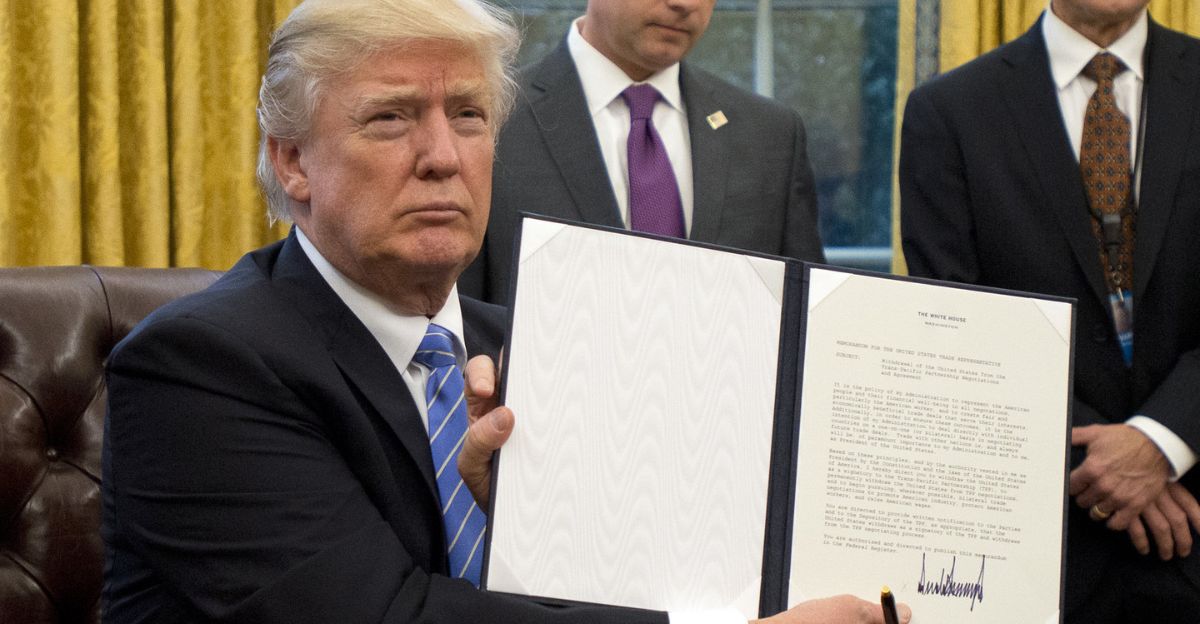
Many rural towns depend on hunting and environmental tourism to sustain their economies. While federal conservation jobs haven’t vanished, budget cuts have raised concerns about future funding for land management and habitat restoration. As services shrink, both hunters and environmentalists recognize that conservation isn’t just about wildlife—it’s essential for rural livelihoods. Their shared concerns could drive new political priorities.
Park Services Cut, But No Closures—Yet
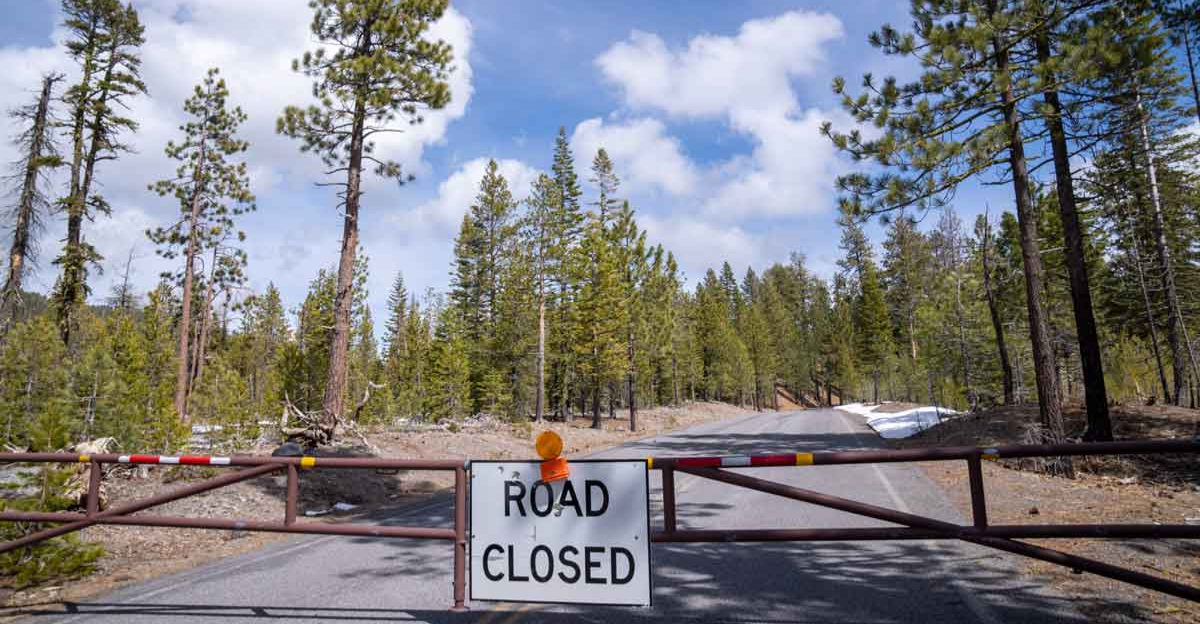
Despite fears of widespread park closures, no national parks have fully shut down due to EPA budget cuts. However, staffing reductions have led to partial closures—visitor centers, trails, and campgrounds have seen cutbacks. Yosemite paused new reservations and some parks reduced services. Conservationists and hunters alike worry that these disruptions signal a deeper threat to public land access.
Can This Alliance Redefine Conservation?

For decades, the conservation debate was framed as a battle between environmentalists and hunters. Now, that framework is collapsing. By recognizing their shared interests, these groups could forge a new era of conservation policy—one that blends scientific management with responsible land use. The question is no longer whether hunters and environmentalists can work together; it’s how far their newfound unity can go. If sustained, this alliance could permanently reshape environmental policy.
A New Political Force?

With hunters and environmentalists joining forces, political calculations are shifting. Rural voters who once resisted environmental regulations now see them as necessary safeguards. Swing states like Wisconsin and Pennsylvania, where hunting is a way of life, could see unexpected voting shifts. Lawmakers who ignored conservation concerns may soon face pressure from an alliance too powerful to dismiss. The administration’s gamble on deregulation may have backfired—creating a coalition strong enough to challenge its agenda.
What Happens Next?

The battle has just begun. Lawsuits are challenging job cuts, advocacy efforts are being made to restore funding, and grassroots movements demanding protection for public lands are gaining momentum. Hunters and environmentalists are learning from each other—blending traditional conservation ethics with modern environmental strategies. The administration may have expected little resistance to gutting the EPA. Instead, it has awakened a formidable force, ready to fight for America’s natural legacy.
Explore more of our trending stories and hit Follow to keep them coming to your feed!

Don’t miss out on more stories like this! Hit the Follow button at the top of this article to stay updated with the latest news. Share your thoughts in the comments—we’d love to hear from you!







